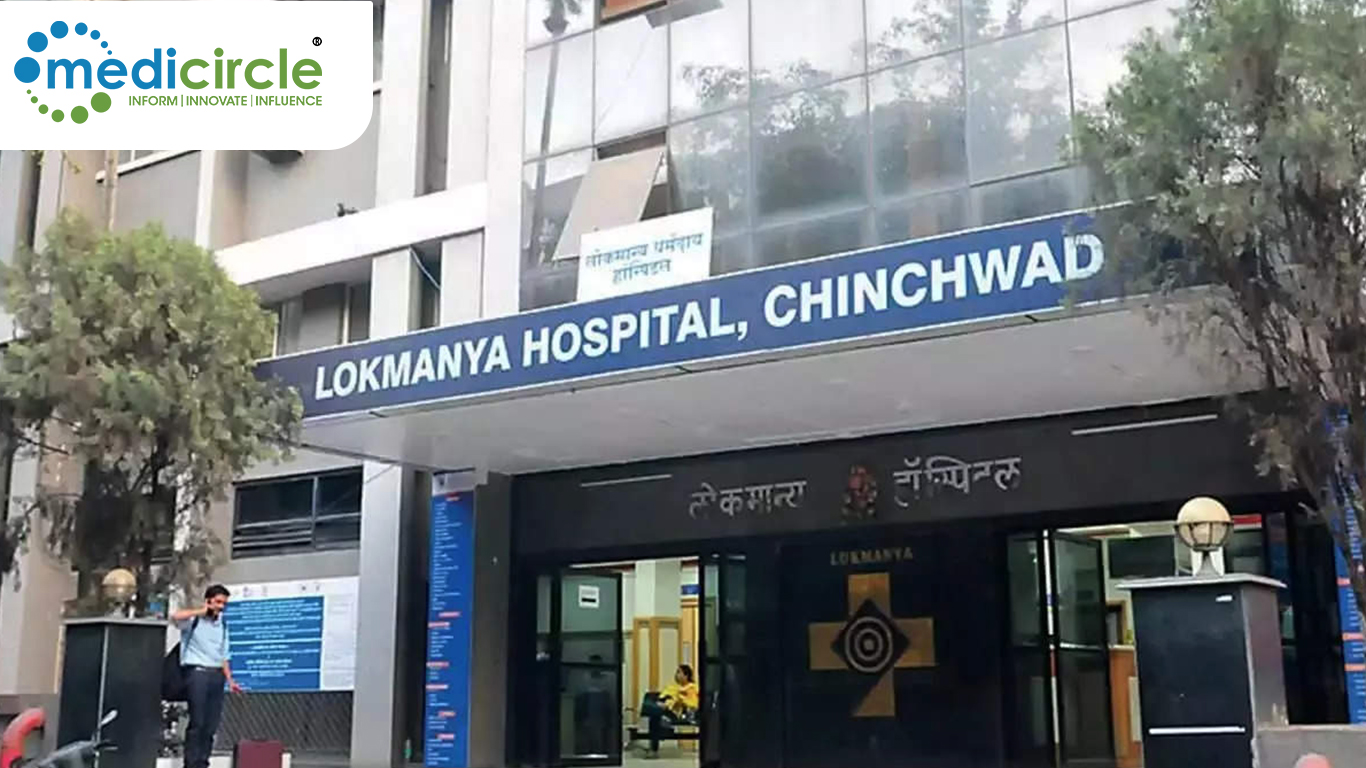In a notable transaction in the healthcare sector, Lokmanya Hospitals in Pune has sold a 70% stake to Unaprime Investment Advisors for Rs.140 crore. This deal values the hospital chain at Rs.200 crore, or Rs.0.67 crore per bed. Given Lokmanya Hospitals' revenue and expansion history, this valuation has raised concerns about whether the sale reflects fair market value or a distressed price.
Founded in 1979 by Dr. V. G. Vaidya, Lokmanya Hospitals has grown under Dr. Narendra Vaidya to include five hospitals with a combined 300 beds, expandable to 500. In 2015, Tata Capital Healthcare Fund invested Rs.24.63 crore, valuing the hospital chain at Rs.56.62 crore.
The hospital's revenue trajectory has been as follows:
- FY20: Rs.100 crore
- FY21: Rs.77 crore (reflecting a dip, possibly due to the COVID-19 pandemic)
- FY22: Rs.105 crore
- FY24: Rs.130 crore
Despite these figures, the sale price per bed has been notably lower than market expectations.
Key Financial and Operational Challenges
In 2019, Lokmanya acquired Tulip Hospitals for Rs.90 crore through debt financing. However, this acquisition did not yield the expected financial returns, and instead, it strained the hospital's finances, reducing the operating margin from 14% to 11%.
The hospital has also faced significant delays in payments from government schemes such as ECHS and CGHS, resulting in high debtor days (146 days). This delay has caused Rs.30 crore to be tied up, exacerbating working capital challenges.
With the entry of large, PAN-India hospital brands like Manipal Hospitals, Lokmanya has struggled to attract cash-paying and privately insured patients. Additionally, government-imposed price caps on procedures under various schemes have further squeezed profit margins.
The hospital's interest coverage ratio has been concerningly low, at 0.04 in FY21 and 1.02 in FY22. This indicates that the hospital's earnings are barely sufficient to cover its interest expenses, highlighting financial stress.
Dr. Ravindranath Kancherla, a renowned investor who previously owned Gleneagles Hospitals, sold a 74.76% stake to IHH Healthcare at Rs.1.15 crore per bed in 2015, and the remaining stake at Rs.1.7 crore per bed. Compared to these figures, Lokmanya's sale at Rs.0.67 crore per bed appears significantly undervalued.
The low sale price suggests that Lokmanya Hospitals may have been under financial distress, similar to other mid-sized hospitals that have struggled with high debt and low profitability. For instance, Ramesh Hospitals in Andhra Pradesh sold at a distressed price of Rs.0.49 crore per bed to Aster DM Healthcare.
The Lokmanya Hospitals sale exposes the financial challenges faced by mid-sized hospitals in India. High debt, delayed payments from government schemes, intense competition, and low profitability have driven valuations down, resulting in what appears to be a distressed sale. For the healthcare sector, this transaction highlights the need for better financial management and strategic planning to navigate market pressures and maintain operational viability.
Source:https://www.linkedin.com/posts/piyushsanduja_healthcare-healthtech-india-activity-7225033378301890560-Zk85?utm_source=share&utm_medium=member_android

 The Lokmanya Hospitals sale exposes the financial challenges faced by mid-sized hospitals in India.
The Lokmanya Hospitals sale exposes the financial challenges faced by mid-sized hospitals in India.










.jpeg)











.jpg)








